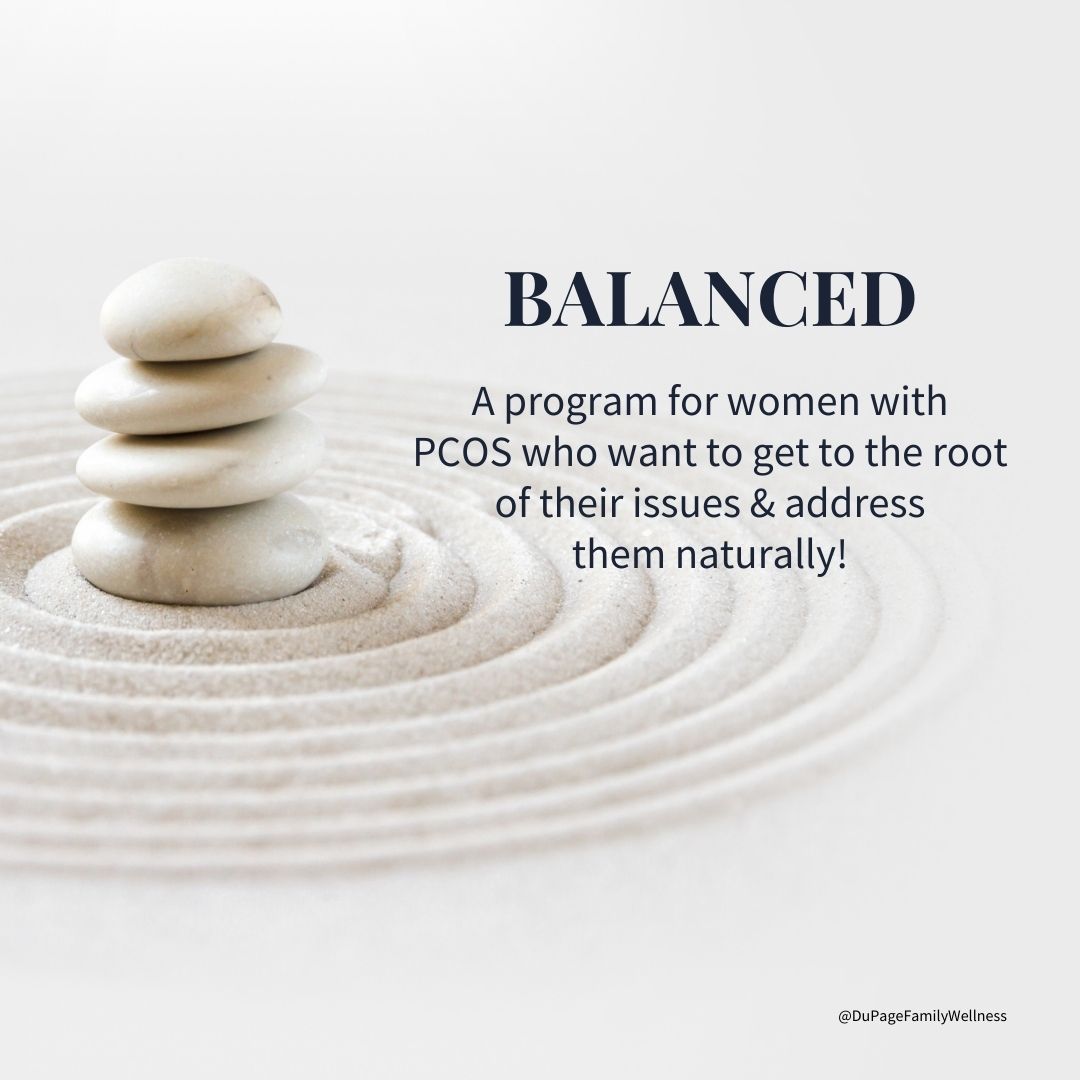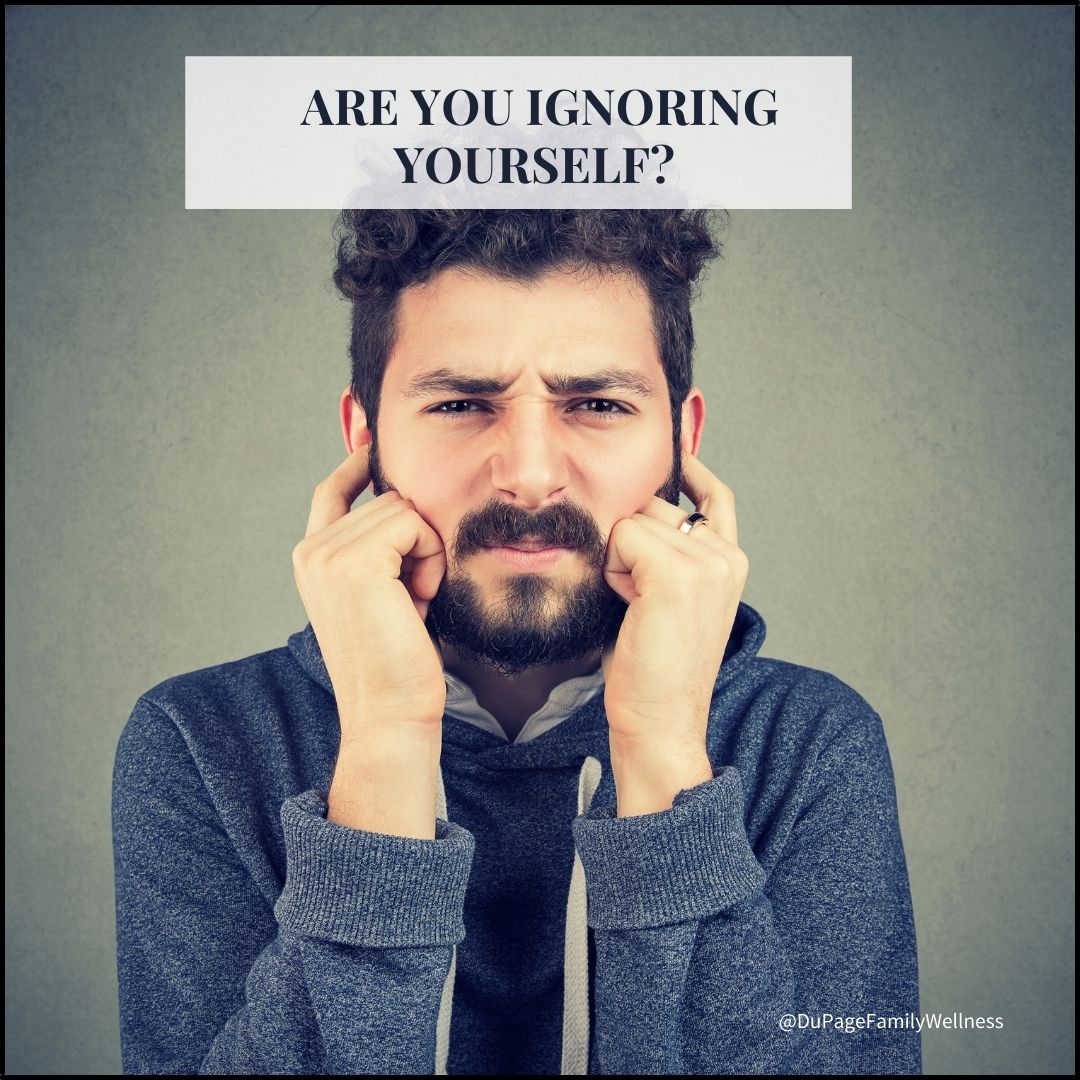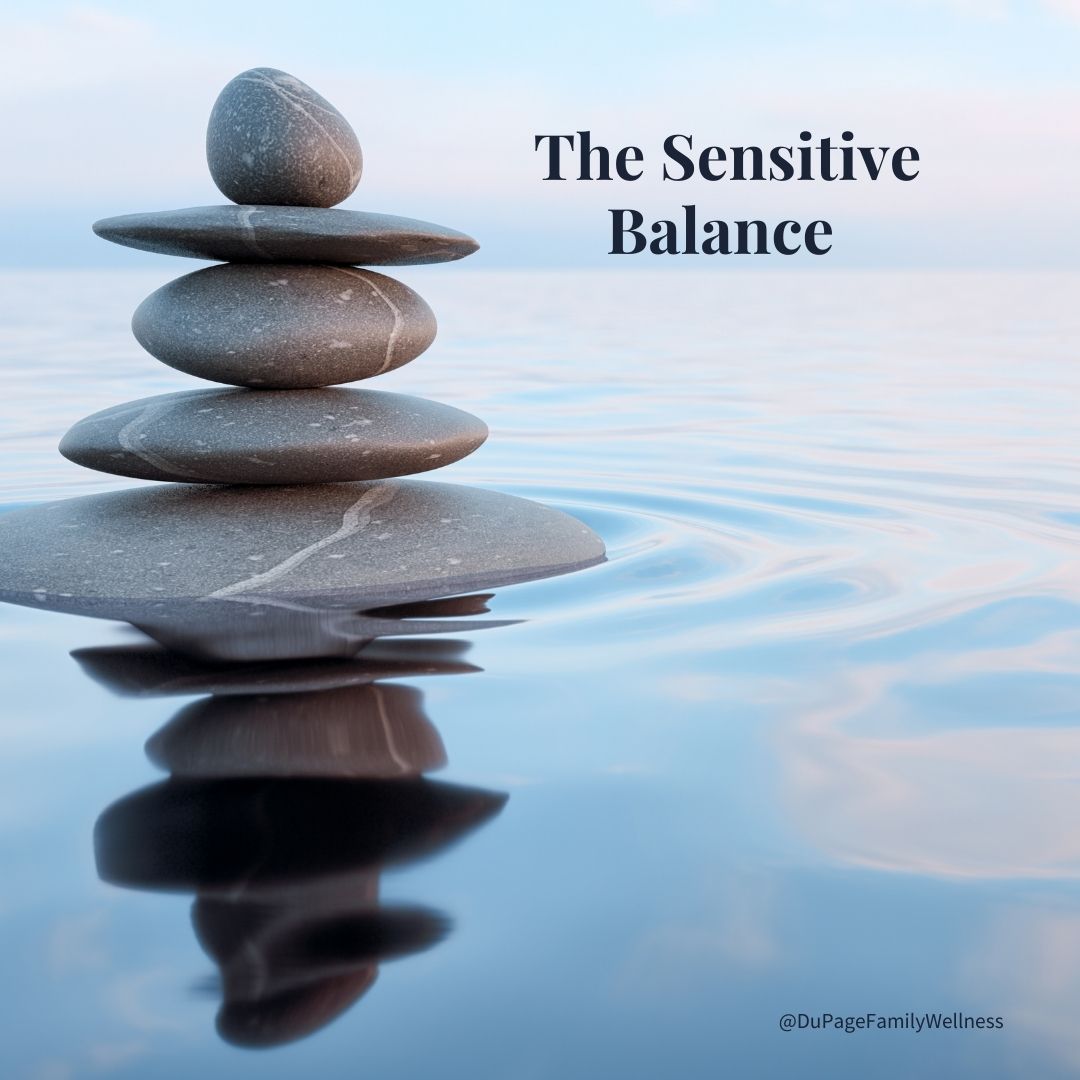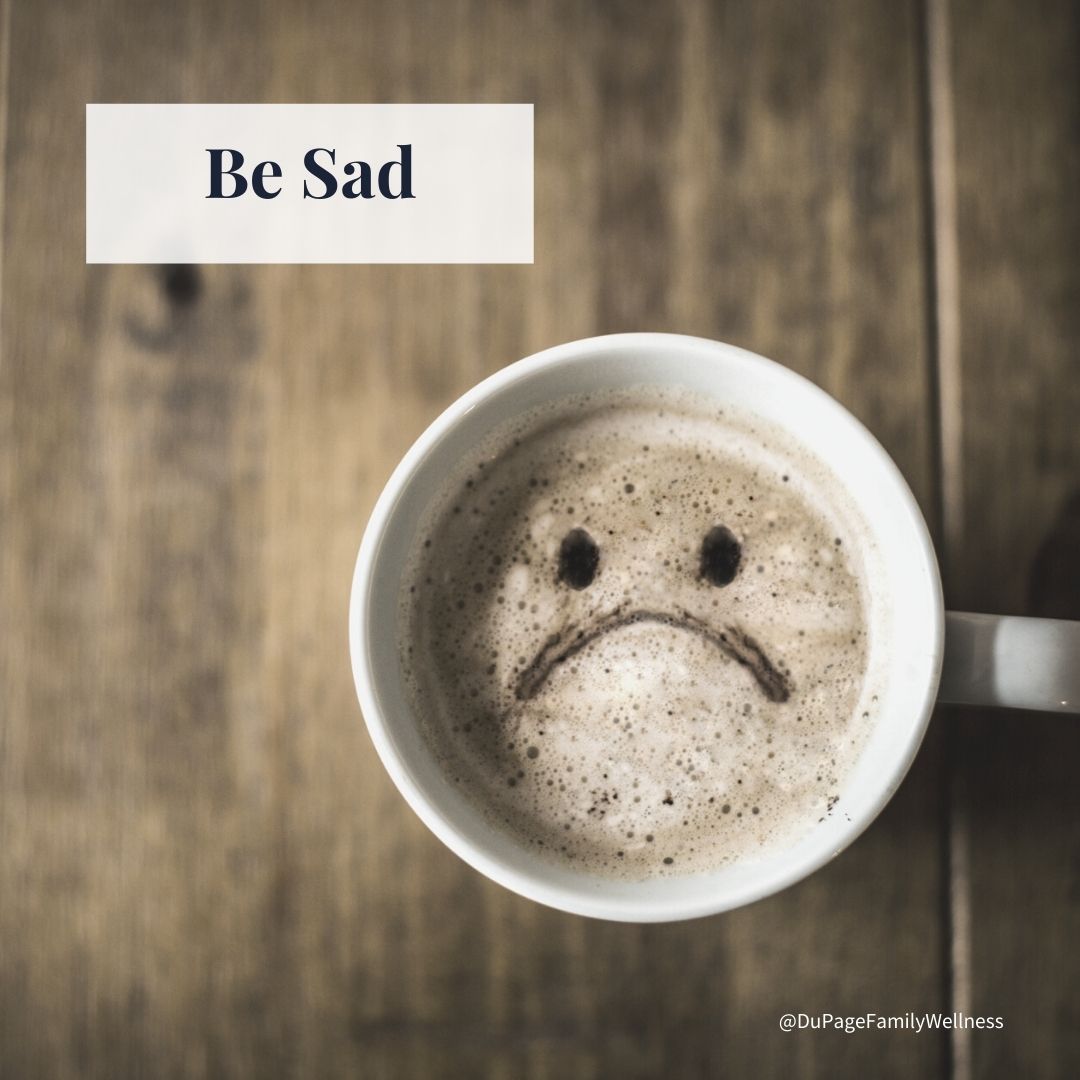 Hey! Are you a woman with PCOS who would like to get to the root of your issues and address them naturally? If so, I'm excited to share with you BALANCED!
Hey! Are you a woman with PCOS who would like to get to the root of your issues and address them naturally? If so, I'm excited to share with you BALANCED!
In "Balanced," I walk you through my proven framework that takes the guesswork out of getting to the root of your symptoms and addressing them naturally.
I want to make sure you know that BALANCED is ready for you now, so be sure to reserve a spot! I would hate for you to miss out on this great opportunity to take control of your health and get your PCOS symptoms under control once and for all.
How do I know if BALANCED is for me?
-
You have PCOS and have tried the traditional advice on addressing your symptoms without the results you desire.
-
You have an open mind to learn new ways of looking at treatment.
-
You are not looking for a quick fix or magic pill.
-
You want to achieve your goals so you can enjoy life without the struggles of those stubborn symptoms.
Recently I hosted a Free Class that covered...
-
The 3 BIG Mistakes that women with PCOS make when trying to address PCOS symptoms.
-
Three simple steps of the "Balanced" method.
-
How women with PCOS address their symptoms without expensive pharmaceuticals.
I've decided to leave the replay up for you to check out!
If you missed it, here’s my advice...
Take 60 minutes today to catch the replay and completely change your life! Learn how to live better with The Balanced Method - THE SAME method used by women with PCOS who want to finally address their symptoms for good!
Read more ...
 Everyone knows that exercise is important! But what if I told you there are certain strategic exercises that will get you better results than working yourself like crazy at the gym? And what if I told you that overall movement, even when not “working out,” is important too?
Everyone knows that exercise is important! But what if I told you there are certain strategic exercises that will get you better results than working yourself like crazy at the gym? And what if I told you that overall movement, even when not “working out,” is important too?
I know, it’s shocking! Our culture is so focused on working hard to the point we feel like we have to beat ourselves up in the gym. However, with a little guidance we can work smarter rather than harder.
Let’s look at the “why” behind movement and explore the best exercises for lasting results!
The Danger of a Sedentary Life
According to Dr. James Levine, the director of the Mayo Clinic-Arizona State University Obesity Solutions Initiative, “Sitting is more dangerous than smoking, kills more people than HIV and is more treacherous than parachuting. We are sitting ourselves to death.”
What is even more surprising is that the negative effects of sitting are apparent even in those who exercise daily. This is not to say that we shouldn’t exercise. But we need to change our view of movement, focusing on natural movement and exercises that will get us the best results!
Ways To Incorporate Natural Movement in Your Life
When you think about the history of mankind, setting time aside to exercise is a fairly new concept. Movement was simply a part of life for most of our ancestors, as their survival depended on it. They didn’t need to go to a gym, because they moved to secure food, shelter, and safety!
Let’s change our mindset around movement to include natural movement into our lives! How can you do this? Choose one of these ideas to start moving today and then add more as you are able.
Read more ...
 Working with your body instead of against it is important for your emotional and physical health!
Working with your body instead of against it is important for your emotional and physical health!
When you understand the way your body works, you are more able to give it what it needs. Supporting your body and the systems in your body will allow them to function more efficiently.
Let’s take a look at the way our nervous system is wired to handle stress, so that we know how to support it and stay regulated in these trying times!
A Regulated Nervous System
The nervous system is a remarkable communication network that relays messages between the brain and the rest of your body. Your sympathetic and parasympathetic nervous systems are designed to work together to keep you safe.
Simply speaking, the body goes into a sympathetic state when there is danger. Stress hormones such as cortisol and adrenaline are released, and your body goes into fight or flight mode. This is a protective measure designed to give you the best chance of survival in dangerous situations.
A well regulated nervous system will settle once the danger is over. The parasympathetic nervous system will be activated. Heart rate, blood pressure, and blood sugar begin to normalize. This is often referred to as the “rest-and-digest” state of being and is where healing takes place.
Chronic Stress
In today’s world the dangers we face are not always clear. Our nervous system often registers chronic stress as a danger. This can include things such as stress at work, relationship trouble, financial concerns, loneliness, and our world's current crisis.
Chronic stress can leave us with a dysregulated nervous system, leaving us stuck in a fight or flight response. While these stress responses are beneficial temporarily during a time of crisis, we were not meant to stay in them long.
Managing Stress
Reducing the amount of stress and increasing your capacity to handle unavoidable stress, can help regulate your nervous system so you can stay balanced. Here are some helpful ways to handle stress.
- Self-Care - Establishing good self-care routines is extremely important. Each person will be different based on personality, circumstance, and values. The important thing is to choose things that are life-giving and enjoyable for you each day.
- Grounding techniques - To ground yourself, simply bring awareness back to the present moment by using your senses. It is extremely helpful in dealing with stress since most of our worry is about things in the past or things yet to come.
Read more ...
 In our fast paced society, many of us have lost the ability to simply be present in our bodies. We go through our days following our schedules, and to-do-lists, never really noticing what is going on inside.
In our fast paced society, many of us have lost the ability to simply be present in our bodies. We go through our days following our schedules, and to-do-lists, never really noticing what is going on inside.
From an early age many of us have unintentionally been taught to ignore our body’s sensations. While it can be convenient to disregard these sensations at times, if we consistently disregard what our body is telling us, there may be a price to pay!
Let’s look at this issue and reevaluate the importance of listening to our bodies!
How We Learn to Ignore Our Bodies
Most of us have been taught, in subtle ways, to ignore our body since we were very young. These messages were often given by well intentioned adults over the course of our lives. Some examples of these messages include:
- Having to wait until mealtimes to eat.
- Being required to clean your plate.
- Waiting to go to the bathroom until between classes.
- Being taught to hold back when you have to pass gas or burp.
- Having our feelings minimized, dismissed, or punished.
- Being pushed to keep going when we were tired and needed to rest.
Not all of these lessons are bad. Sometimes we cannot satisfy our bodily needs immediately, however it can be damaging when we learn to ignore them all the time.
What About Learning Self Control?
We all realize that we can’t act on our bodily sensations all the time. If you are in an important meeting it would be inappropriate to grab a snack, go to the bathroom, or loudly burp. But what if there is a way to honor both the body and social norms.
Ideally, we would recognize the messages that our body sends and then choose how to act on them. We don’t need to follow these sensations impulsively, but it is important to recognize them and consciously choose our response.
Read more ...
 Have you been enjoying a glass of wine in the evening? Do you enjoy a cocktail with your friends on occasion?
Have you been enjoying a glass of wine in the evening? Do you enjoy a cocktail with your friends on occasion?
Many of us have come to rely on a drink to help us wind down or have fun with friends. And while there is nothing wrong with an occasional drink, it is important to understand the effects it has on the body, especially in regards to our hormones.
What Are Hormones?
Hormones are chemical messengers within the body that are secreted by glands in the endocrine system. These messengers tell the tissue and organs in the body what to do. The proper balance of hormones is crucial for both physical and mental health.
When something happens to make one hormone increase the other hormones are affected. It's like a delicate dance with some hormones following another's lead.
Alcohol and Hormones?
Alcohol is thought to have a complicated relationship with the balance of hormones within the body. Let’s take a look at some of the ways moderate alcohol impacts this system.
- Estrogen - Alcohol has been found to raise the level of estrogen in the body. There are a few ways that this may happen, but let’s take a look at one of the mechanisms in which this happens. Both alcohol and estrogen are processed in the liver. When the liver is busy handling alcohol, it prevents the liver from detoxing estrogen as efficiently. This results in a buildup of estrogen in the system.
Read more ...
 We all want to be happy, but the reality is that life is more complex than simply being happy all the time. Being human means we will experience a range of emotions - joy, sadness, anger, compassion, frustration, and so many more!
We all want to be happy, but the reality is that life is more complex than simply being happy all the time. Being human means we will experience a range of emotions - joy, sadness, anger, compassion, frustration, and so many more!
There is a richness that comes when we embrace all these emotions, but many people really fight against the difficult ones. Trying to avoid difficult emotions may seem wise, but the truth is we need to learn to embrace all of our emotions.
Researcher and author Brene Brown explains that “we can not selectively numb emotions, when we numb the painful emotions, we also numb the positive emotions.”
Let’s take some time to consider how to handle these difficult emotions and explore if we are dealing with them in a healthy way!
Difficult Emotions NOT Welcome
As a child many people are given the message that their difficult emotions are not acceptable. It may be that their parents didn’t recognize the child’s emotions. They were simply told to “look on the bright side” or to “be grateful” for what they had. Some parents were so disconnected from their own emotions, that they couldn’t provide a healthy role model on how to handle intense feelings. Still other children were outright ridiculed for showing “negative” emotions, even being told “stop crying or I’ll give you something to cry about.”
These techniques are often used as an attempt to shut down the child’s emotion when it is uncomfortable for the adult. Even well meaning parents may use them as ways to distract children from dealing with difficult emotions when the emotion feels too big to handle. But having a parent gently accept and guide their child through these big emotions, is an important step in teaching the child to regulate their own emotions.
Without the ability to self regulate, people are often left either flooded by their emotions or trying to push the difficult emotions away. Being flooded by intense emotions can be really overwhelming, but pushing them away is damaging as well. When we “put on a happy face” before allowing ourselves to experience our emotions, we miss out on the valuable information those emotions are giving us.
Why Even Difficult Emotions Are Important
According to Psychiatrist Sheri Van Dijk, “emotions serve important functions and are very necessary, even though they can be really painful at times.” Emotions provide you with information, motivate you towards action, and help you communicate more effectively.
Instead of numbing our emotions, counselor Hannah Rose says, “we must show up for all of our emotional experiences, no matter how painful they are, or they are destined to continue manifesting in our lives in different ways... Actively processing and allowing ourselves to show up for our emotions is what heals all wounds.”
Leaning into difficult emotions and not avoiding them can actually open you up to a whole new experience. According to Brown, “mindfully practicing authenticity during our most soul-searching struggles is how we invite grace, joy, and gratitude into our lives.”
Embracing All Emotions
Here are some ways that you can start intentionally trying to embrace your emotions today.
- Recognize your emotions - If it is easier start with the positive emotions, and begin noticing what you feel. Ask yourself what you are feeling throughout the day. Make yourself name the emotion.
- Notice your body - Emotions often manifest themselves physically. If you have trouble noticing your emotions, listen to your body. Is your throat tight? Are your shoulders tense? Does your head or stomach hurt? These things are clues that can help you notice what you are feeling.
- Use a feelings chart - There are many feeling charts that provide some language around feelings. These can be very helpful for those who struggle to know how they feel. (A great one is the feeling wheel.)
- Repeat gentle mantras - Using a mantra can be a great way to release some of the judgement you may have towards yourself when you experience negative emotions, so that you can begin to accept difficult emotions. (i.e. “My feelings matter,” “It’s okay not to be okay,” “This suffering is part of the human existence,” etc.)
- Invite people you trust into your emotional world - We are often our own worst critics, judging ourselves for things we would lovingly accept in a friend. Sharing your feelings with a trusted friend who accepts and validates your emotions can be extremely helpful in learning to accept yourself.
- Visualize emotions like a wave - Waves rise up, peak, and then dissipate on the shore line. Like waves, you can’t hold emotions back without a huge amount of effort, so learning to let them wash over you without resisting is a valuable skill. Just like the wave releases the energy it carries when it crashes against the shore, the emotions energy will settle after it washes over you.
If you find that these exercises are ineffective or bring up more emotion than you are comfortable handling on your own, you may want to consider getting some extra support. A good therapist is skilled at helping clients navigate their emotional world and learn to self regulate. (If you would like a referral to a good therapist, please don’t hesitate to ask.)
It is never too late to learn to accept all our emotions and listen to what they are telling us. Leaning into difficult emotions can be scary at first, but ignoring them can lead to all kinds of trouble - emotionally, relationally, and even physically.
Dr. Jamie
 Hey! Are you a woman with PCOS who would like to get to the root of your issues and address them naturally? If so, I'm excited to share with you BALANCED!
Hey! Are you a woman with PCOS who would like to get to the root of your issues and address them naturally? If so, I'm excited to share with you BALANCED!

 Everyone knows that exercise is important! But what if I told you there are certain strategic exercises that will get you better results than working yourself like crazy at the gym? And what if I told you that overall movement, even when not “working out,” is important too?
Everyone knows that exercise is important! But what if I told you there are certain strategic exercises that will get you better results than working yourself like crazy at the gym? And what if I told you that overall movement, even when not “working out,” is important too? Working with your body instead of against it is important for your emotional and physical health!
Working with your body instead of against it is important for your emotional and physical health! In our fast paced society, many of us have lost the ability to simply be present in our bodies. We go through our days following our schedules, and to-do-lists, never really noticing what is going on inside.
In our fast paced society, many of us have lost the ability to simply be present in our bodies. We go through our days following our schedules, and to-do-lists, never really noticing what is going on inside.  Have you been enjoying a glass of wine in the evening? Do you enjoy a cocktail with your friends on occasion?
Have you been enjoying a glass of wine in the evening? Do you enjoy a cocktail with your friends on occasion?  We all want to be happy, but the reality is that life is more complex than simply being happy all the time. Being human means we will experience a range of emotions - joy, sadness, anger, compassion, frustration, and so many more!
We all want to be happy, but the reality is that life is more complex than simply being happy all the time. Being human means we will experience a range of emotions - joy, sadness, anger, compassion, frustration, and so many more!